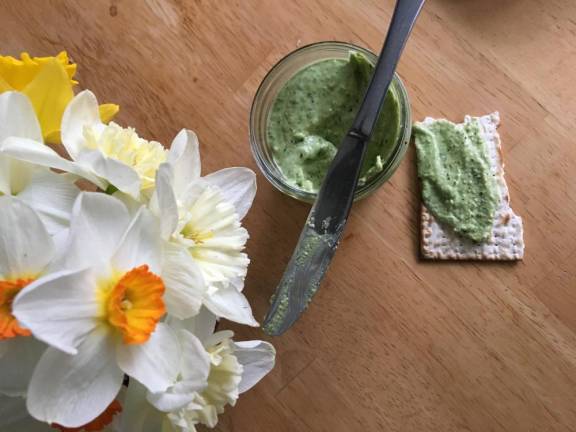Talking addiction, in bite-sized pieces

I often roll my eyes at my husband, who can’t help but include the gritty details while recounting a story at the dinner table, often thrown out as an aside. A kid will immediately ask “What do you mean?” and we find ourselves knee deep in a conversation about addiction or Ponzi schemes or price gouging. So maybe addiction comes up more often at our dinner table than yours, but we have touched on the topic a number of times with our elementary school-aged kids.
As with many complex topics, we try to translate it into simple concepts that kids can grasp. But addiction is extra complicated because the language around it often contains a lot of judgement and contempt – implying that the problem is just lack of control or willpower and not addressing the trauma, genetics, mental health or medical issues that can play a role. If you’ve personally been affected by addiction, you may have a lot of emotion to navigate. (My husband and I have both seen loved ones struggle, though it's easy to dismiss the severity because no one died, or it wasn’t heroin. I hadn’t even quite grasped that until I sat down to write this.)
We usually don’t discuss people’s specific issues or name names — it feels too personal and like information our kids don’t need. We never want to give them the impression that they have control over someone else’s actions. If there were safety issues, I would consider sharing more specific information, but my kids are 6 and 9 now and this has yet to be an issue.
Having talked to friends, it seems that many feel like they need to bring up the subject (or any difficult subject) in a formal way. It becomes The Talk, as if you only need to introduce a difficult idea once and then you can check the box and trust that your kid has all the info they will need. Asking friends about addiction discussions with their kids, it surprises me how many sat their kids down to talk about it – usually in relation to a specific person or issue (ehm, screen time). While the discussions were fascinating, they tended toward judgement and heavy emotion. Which is no surprise, since addiction affects people deeply.
To sidestep that landmine, I try to have two conversations: what is addiction? And then later, what are the effects of addiction?
That way we can start by defining it and establishing what actually happens at a basic science level. Struggling with this? Check out Simple English Wikipedia for ideas.
I think parents often struggle when translating concepts from our perspective. We forget that kids aren't steeped in adult culture and context, where addiction is a moral failing and we have to lower our voices to talk about your poor uncle. Free of that cloudy context, however, kids may actually be better able to grasp addiction as simply a relationship between a person and a chemical or activity.
The persons body or mind badly wants or needs the thing it's addicted to, and she only wants to get that thing again and again. It interferes with her brain’s functioning and her daily life. And that’s probably enough for one dinner.